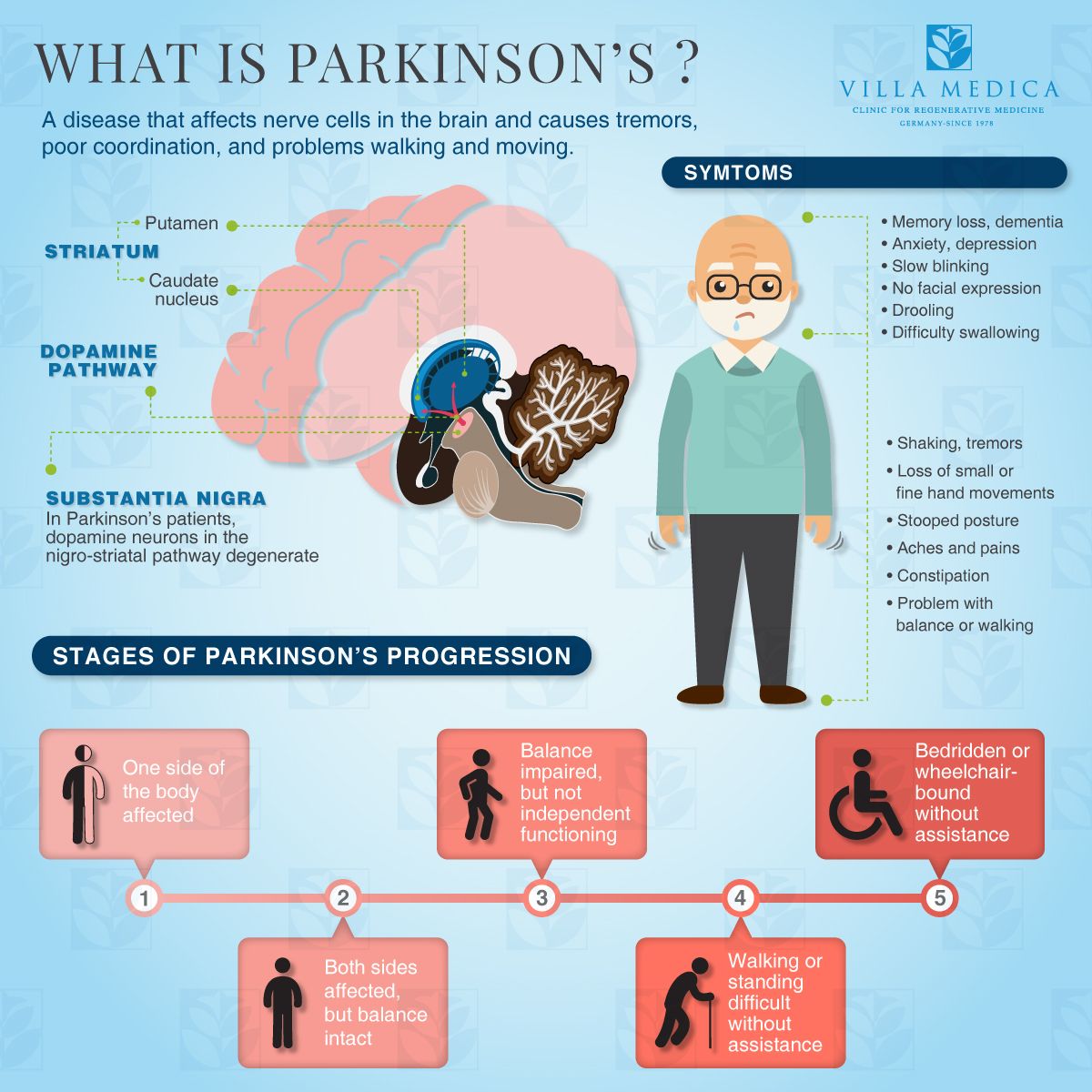
Scientists Unveil Groundbreaking Genetic Therapy for Parkinson’s DiseaseScientists Unveil Groundbreaking Genetic Therapy for Parkinson’s Disease In a momentous breakthrough, scientists have unveiled a groundbreaking genetic therapy that holds immense promise in the treatment of Parkinson’s disease. This revolutionary therapy aims to address the root cause of the debilitating condition by targeting the genetic mutations that disrupt dopamine production in the brain. Understanding Parkinson’s Disease Parkinson’s disease is a neurodegenerative disorder characterized by the loss of dopamine-producing cells in the brain. Dopamine is a neurotransmitter that plays a crucial role in movement, coordination, and other brain functions. As dopamine levels decline, patients experience a range of symptoms, including tremors, rigidity, bradykinesia (slowed movement), and postural instability. The Gene Therapy Approach The gene therapy in development utilizes a harmless virus to deliver a healthy copy of the gene responsible for producing dopamine. This gene, known as the GBA gene, is mutated in a small percentage of Parkinson’s patients. By introducing a functional GBA gene into the patient’s cells, the therapy aims to restore dopamine production and alleviate the symptoms of the disease. Early Clinical Trials Preliminary clinical trials involving a small number of patients have shown promising results. Participants experienced significant improvements in motor function, including reduced tremors and increased mobility. The therapy was also found to be well-tolerated. Potential Impact This gene therapy has the potential to revolutionize the treatment of Parkinson’s disease. If successful in larger clinical trials, it could provide a long-term solution for patients by addressing the underlying cause of their condition. Moreover, it may delay or prevent the progression of the disease, offering new hope to those affected. Cautious Optimism While the early results are encouraging, scientists emphasize the need for further research and large-scale clinical trials to fully evaluate the safety and efficacy of the gene therapy. Additionally, it is important to note that not all Parkinson’s patients have GBA gene mutations, so further research is needed to develop therapies for those with other genetic causes of the disease. Conclusion The development of this groundbreaking gene therapy for Parkinson’s disease is a testament to the unwavering efforts of scientists and researchers. It represents a major step forward in the fight against this debilitating condition, offering the potential for transformative treatments that can improve the lives of millions of people affected by Parkinson’s disease.
Posted inNews